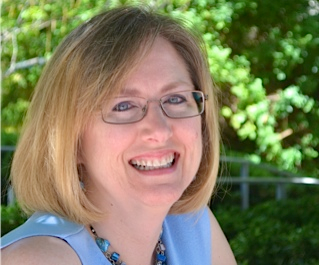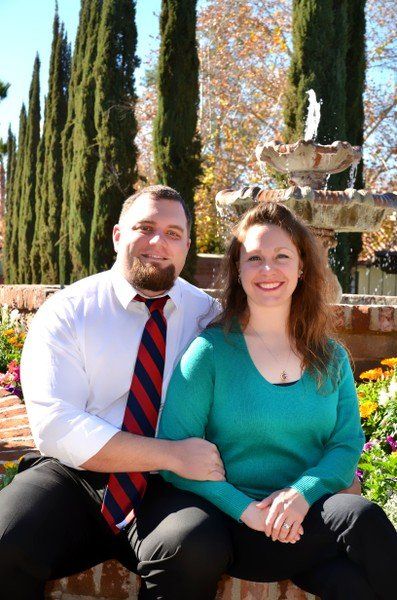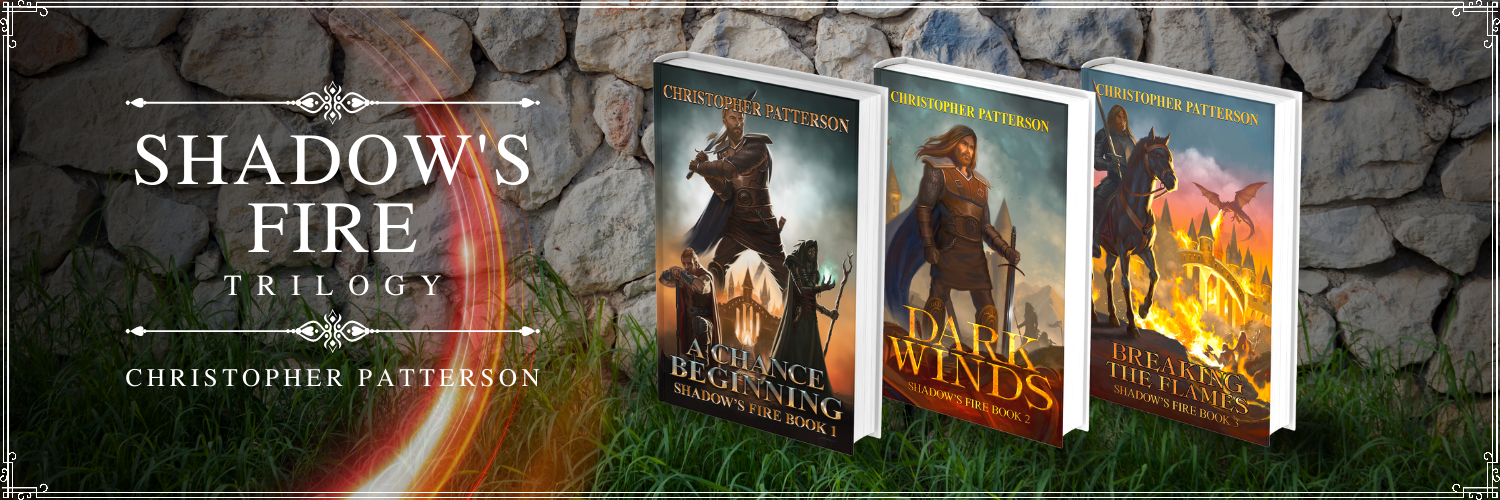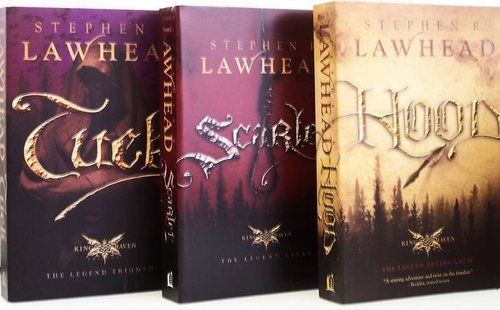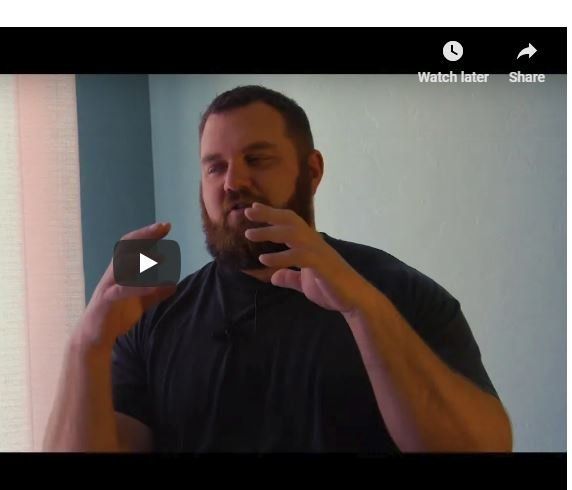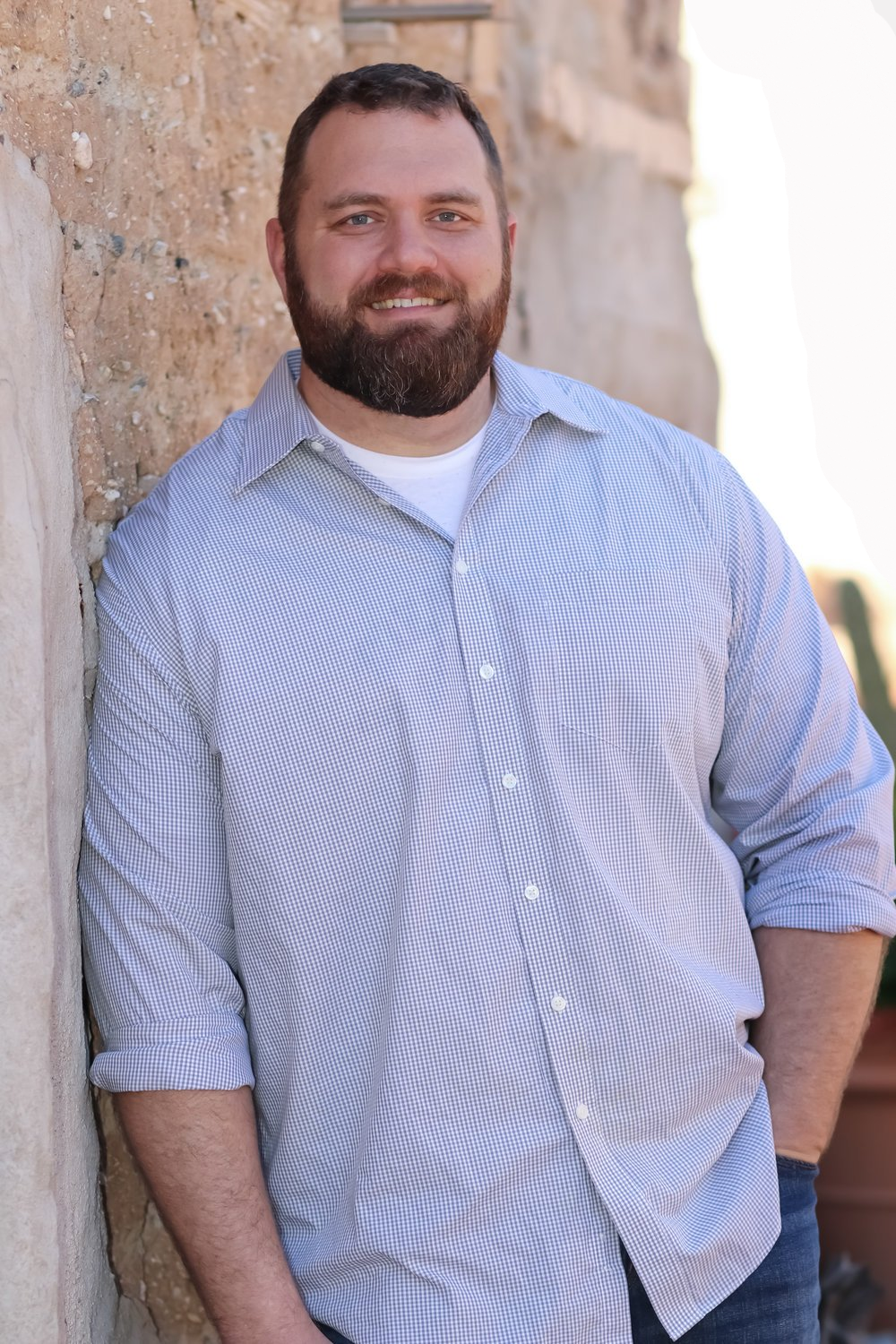Writing Your Story
In my last article, Anyone Can be a Writer , I encouraged you to write your story. Now, here’s a big slap in the face: There is no such thing as a new story. What? Seriously? Why am I even bothering, then? Yep. But before you leave, hear me out. That doesn’t mean you can’t write your story.

When I was in college, I took a course that was called “Creative Non-Fiction.” People hear that title and think it somewhat oxymoronic. Non-fiction is about facts, truth, history. There is nothing creative about that. Wrong, and this class—and my professor, Fenton Johnson —proved that.
Two Story Types
I could probably write a series of articles about that class, but one of the things Fenton told us was, “There is no new story.” Most of us in that class had a desire to be a professional writer of some sort and, so, needless to say, that statement was a little disheartening. So he clarified. He started off by telling us there are only two story types out there.
1. Man (used in a general sense here) goes on a journey or quest
2. Stranger comes to town
“There is no new story.”
When you think about it, that’s pretty spot on. Think about the last book you read. It’s either about some sort of journey—physical, emotional, spiritual, or otherwise—or the protagonists dealing with a stranger showing up in their lives and creating change—good or bad.
My favorite genres happens to be fantasy and historical fiction, so most of what I read is the journey story. In reality, I cannot think of a fantasy novel that I have read that wasn’t a journey. I did read a historical fiction series call King Raven by Stephen Lawhead that was a “stranger comes to town” type story. It was a different take on Robin Hood , so the stranger(s), you could say, were the Normans.
Two Story Types Equals Seven Story Types
Now I’m just trying to confuse you, right? Nope. I recently came across several articles that talked about the expansion of these story archetypes. Why am I talking about this? Because I think it’s very important for an author to think about what types of story they want to write. One of the biggest mistakes amateur writers make is they don’t plan anything out. They just write. I mean, that’s how the creative juices flow. If I do too much planning, I stifle my creativity.
Well, not really. As I have practiced my writing, I have come to realize that if I plan out a story, outline, have a blueprint in front of me, it actually allows me to be more creative and, yet, stay focused and on task. I now have a goal in sight. What are these story types?
“Legends of the slaughter of a destructive monster are to be found all over the world. The thought underlying them all is that the monster slain is preternatural and hostile to mankind”— E.S. Hartland, The Legend of Perseus (1896)
1. Overcoming the Monster: Somewhere out there, a great evil has risen to power and I must destroy it.
2. Rags to Riches: The peasant becomes a king.
3. The Quest: I must find the princess, the treasure, the grave, etc.
4. Voyage and Return: The Prodigal Son, Back to the Future, etc.
5. Comedy: Self-explanatory, but in the Greek tradition, the type of humor can be different depending on the story and the genre.
6. Tragedy: Could be a rags to riches tale, but everyone ends up losing.
7. Rebirth: Similar to a Tragedy, but in the end, the hero understands their error and makes a change before it’s too late. Think, It’s a Wonderful Life
I’m hoping one of the things you can see here is that many stories are really a combination of two or three, or maybe all these story “types.” So, when I say there is no new story, I’m not saying don’t bother, because what you want to do has already been done. That may be true. But what I am trying to say is, “How do you create a different take on one of these stories?” People have already experienced a quest, a rebirth, a voyage, etc. What sets yours apart from someone else’s? And, how much do you want to be set apart?
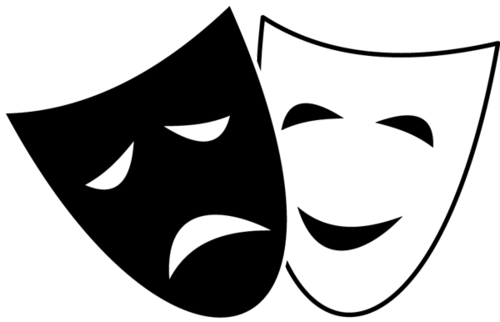
Being Unique
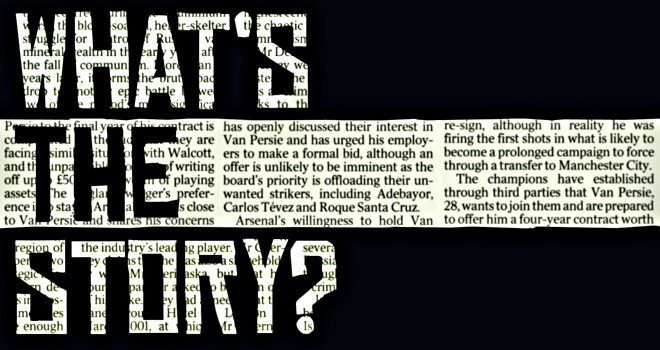
What do you mean, how unique do I want to be? Why wouldn’t I want to be as unique as possible? This refers back to a previous article I wrote. Defining you and writing your story. Your story may involve someone else’s created world. Your story may be a part of someone else’s story. Your story doesn’t have to be completely unique, especially if your goal in writing isn’t to get your work to the masses. People who know you will probably appreciate your story. Those that don’t know you may not, but that’s okay because you don’t care about them. You might be writing to a subgroup within a genre, i.e. lovers of Star Wars or Forgotten Realms, so you’re story exists in an already-created world with already-existing characters. Again, you know who is going to like your work and you don’t really care about the rest.
If you’re looking to make money, get your book into the hands of as many people as possible, and cross genres—which is what my goals are—then you need find your uniqueness. This is where, in my opinion, the real work in writing a story or a book happens. That isn’t to say that someone who writes a memoir or a story in an already existing world or even a creative non-fiction piece is doing great work and isn’t a talented author. However, in order to get people to pick up a book and say, “Wow, I’ve never read a story like this before,” takes a lot of time, effort, imagination, brainstorming, etc.
How an Author Spends their Time

Firstly, if you truly want to be a writer, you must understand that the majority of your work will not be in front of a computer. The majority of your work is done observing, thinking, noting, talking. Then you have to take all these stimuli, all these ideas, understand what other people have already done, and somehow make it coalesce into something new and fresh without losing your own integrity and staying true to your story. Once you have done that, and you write it all down and create your “book,” then you have to edit, decide what you need to throw out (which can be a heartbreaking experience), edit again, have other people read it and endure their criticism.
Secondly, you must read other books in and outside of your genre. You need to know what is out there, what is being read, what stories are being praised and what stories are being criticized. You don’t want to beat a dead horse. I dare say, if you were to write a book about five kingdoms in a land that looks oddly like the island nation of Japan and consisted of warring chieftains vying for the power and affection of the king, who has just recently come to power and unified all five kingdoms, all the while staving off the advances of southern zombies (or even vampires or werewolves for that matter) and prevent the former king’s son—an infant when the king died and now a grown man—who can talk to, oh, I don’t know, dragons, from coming into power, you might be accused of stealing your plot ideas from A Song of Ice and Fire —more commonly known as Game of Thrones. You might admit that you heard someone talking about a similar plot, although you have never read the Game of Thrones books nor watched the movie, but, nonetheless, people would not look at the similarities too kindly. Again, as writers, much of our time must be consumed by reading. Not only must we read to gain inspiration and understand what people are reading, but also so we don’t copy what other people are doing. I know that I, as a reader, can’t stand books that clearly rip off other series and authors and books. Again, we as authors will often times rehash the same stories—the adventure to win a princess, to slay a dragon, to protect the infant prince—but can we do it in a unique way.
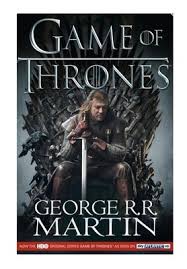
Authors Who Have Achieved Uniqueness
So I turn to authors like George R.R. Martin and J.R.R. Tolkien and J.K. Rowling. I turn to authors like Anne Rice and Dean Koontz and Stephen King. Tom Clancy and Robert Ludlum. These are genre writers who have such a unique spin on their genre, that people who normally wouldn’t read anything from their respective genres read their work. They’ve taken the story types, no doubt, and used them in different ways, so much so that people who can’t stand vampire stories will read Rice and people who can’t stand dragons will read Martin and people who hate horror will read Koontz.
You must make your story unique. How? We could literally write a book on how to be a unique write. Actually, that’s not a bad idea. That would be pretty unique. How did I write my stories and how do I make them as unique as possible?
My Story
I was reading and listening to the first book in Robert Jordan’s Wheel of Time series , The Eye of the World , and at the end of the audio version of his book, there is an interview with Jordan. What Jordan said in that interview literally changed my perspective on fantasy, fiction, and writing in general. He talked about how he created his Wheel of Time series and, one of the biggest mistakes that fantasy authors make, and one he did not want to make, is the simple fact that the journeys and the stories and the plots that we write about are so unbelievable. He wasn’t talking about magic or elves or dragons. He was talking about the fact that you have a man sitting in a bar. A wizard shows up. The wizard tells the man he is going to save the world, and within five minutes they’re off to save the world. In reality, that man would probably buy the wizard a beer, sneak out the back, and tell his friends the next morning he ran into the craziest dude any of them had ever met. That made a lot of sense to me.
The plot of my trilogy, A Chance Beginning , Dark Winds , and Breaking the Flame, was inspired by a desire to write about the unsuspecting hero and the underbelly of society, to do somewhat what Robert Jordan was talking about—to write about a journey that may have never happened. So often, fantasy is about the shining hero. Well, I asked the question, can’t a hero come out of unsuspecting situations and the shunned parts of society? I wanted readers to believe my world and know that I had meticulously researched my world. I also wanted to write something that exhibited humanity. Not all people are good. Not all people are evil. If we include other races—dwarves, elves, goblins, etc.—why should they be any different? So, is it possible that you have a righteous goblin and an evil elf? I think so. Also, many people pick up a fantasy novel and somehow everyone speaks the same language. Well, in Arizona, all you have to do is drive fifty miles south and the majority of people don’t speak English, so why should my world be any different.
These are all things that I think make my novel a little unique and different enough from the next fantasy novel that people would want to read what I have to say.
Hope you enjoyed this weeks article and writing tips. Until next time, HAPPY READING!!!
Make sure you visit Christopher Patterson’s website at www.christopher-patterson.com and also make sure you sign up for his monthly newsletter where you can keep up to date with what’s going on in his world, his articles and blogs, get access to freebies, and experience promotional material. You can sign up for Christopher Patterson’s email newsletter at http://eepurl.com/b5AUa1
Chris' Blog


